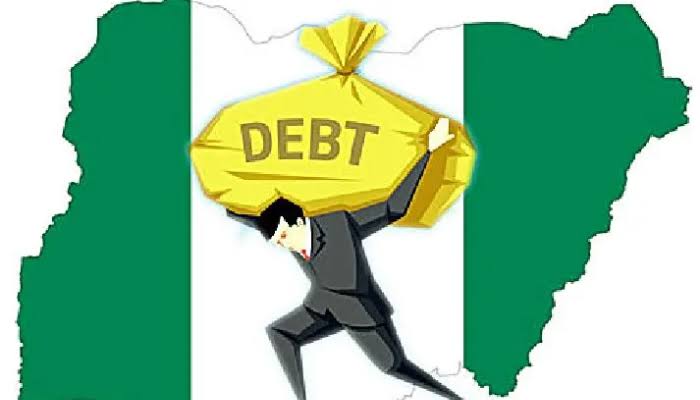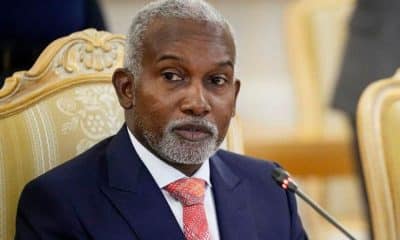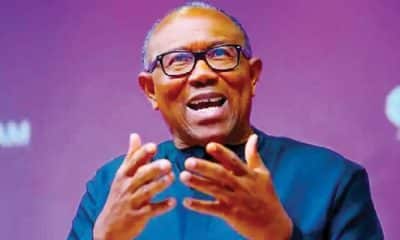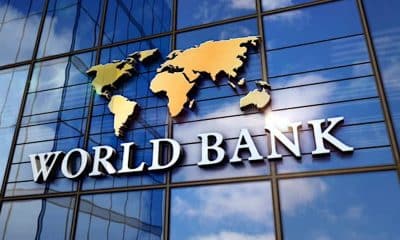Business
Nigeria’s Debt Servicing To Gulp 123% Of 2023 Revenue – Report

The World Bank has projected that debt servicing will gulp 123.4 percent of the Federal Government’s revenue in 2023.
Naija News reports that the new World Bank Lead Economist for Nigeria, Alex Sienaert, made this known in a document released in November 2022.
The document is entitled, ‘Nigeria Public Finance Review: Fiscal Adjustment for Better and Sustainable Development Results.’
According to The Punch, the document projected that debt servicing would gulp 100.2 percent of Federal Government revenue by the end of 2022.
This was a decline from the earlier projection in its October Africa’s Pulse report, which is a biannual analysis of the near-term macroeconomic outlook for the region, published during the World Bank/IMF Spring and Annual Meetings in April and October.
In the report, the Washington-based bank said that Nigeria’s debt service to revenue ratio could stand at 102.3 percent by the end of 2022.
It described the public debt in Nigeria as concerning due to the rising debt service-to-revenue ratio.
However, the situation would be dire in 2023 as debt survival would exceed 118 percent of revenue reported in the first four months of 2022.
In his presentation document, Sienaert noted that borrowing more money was not the solution for Nigeria.
The document read in part, “Borrowing more is not the solution: debt costs are rising rapidly, squeezing non-interest spending.
“Debt servicing has surged over the past decade and is expected to continue increasing over the medium-term, crowding out productive spending.”
Naija News recalls that the Debt Management Office (DMO) said Nigeria’s public debt rose to N44.06tn in the third quarter of 2022, with the country struggling with a repayment burden.
In a statement on its website, the DMO said the total public debt stock rose from N42.84tn recorded in the second quarter to N44.06tn in the third quarter of 2022.
This showed that there was a 2.85 percent increase quarter-on-quarter, with Nigeria acquiring N1.22tn debt within three months.
The DMO said that the increase in public debt was due to new borrowings by the Federal Government to part-finance the deficit in the 2022 Appropriation Act, alongside new borrowings by sub-nationals.
It also noted that the total public debt stock consisted of domestic debt of N26.92tn and external debt of N17.15tn.












